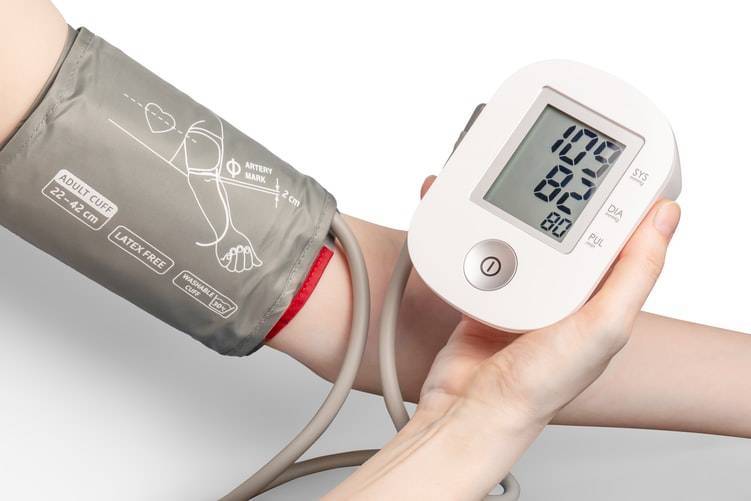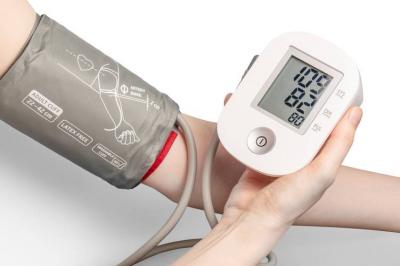There are several factors that can increase the chances of developing high blood pressure. According to the U.S. Centers for Disease Control and Prevention (CDC), a person with high blood pressure may not notice any symptoms at all, but can become aware of it through the health consequences caused by high blood pressure, ranging from organ damage to other problems such as heart disease, as reported by the website Eat This Not That. Smoking, living with high stress, and consuming the wrong foods can lead to countless health issues for individuals with high blood pressure. Nutrition specialists recommend avoiding several common bad habits to easily mitigate the risks of high blood pressure, as follows:
1. **Lack of Potassium Intake**
Failing to include this essential nutrient in the diet can lead to long-term disasters. Nutritionist Maria Rodriguez states, "Foods rich in potassium along with a low-sodium diet can help lower blood pressure. One should consume 8 to 10 servings of fruits and vegetables daily, including potatoes, root vegetables, and beans," noting that the American Heart Association "recommends up to 4,700 milligrams of potassium daily."
2. **Consumption of Processed Foods**
Excessive intake of one type of food can lead to catastrophic results on blood pressure. Nutritionist Eliana Kaidanian says that processed foods "typically contain significantly more sodium than minimally processed alternatives. For instance, canned or packaged soup contains high levels of sodium compared to homemade soup," explaining that relying on processed foods for convenience or due to time constraints can rapidly increase an individual's daily sodium consumption to enormous levels.
3. **Fast Food Meals**
Kaidanian points out that "it is impossible to determine the added sodium amounts in fast food meals or restaurant dishes." She advises prioritizing homemade meals as much as possible or considering reducing the number of times one eats out each week, explaining that a single slice of pizza can contain the recommended daily intake of sodium in a whole day.
4. **Not Reading Nutritional Facts**
Kaidanian recommends that individuals should read the ingredient list on every food package, emphasizing this important step by comparing it to not being able to buy shoes without knowing the size, just as one should not buy canned food without being aware of the sodium and salt content it contains.
5. **Fried Foods**
Nutritionist Trista Best emphasizes that "fried foods are closely linked to high blood pressure." Best adds that "there are two main reasons fried foods contribute to high blood pressure; the first is their content of saturated and trans fats, which lead to weight gain, contributing to higher blood pressure as the heart works harder to pump blood through a larger mass. Additionally, excess weight places stress on the kidneys, a vital organ in regulating blood pressure. The second reason is that fried foods are high in sodium."
6. **Lack of Healthy Fats**
Nutritionist Katie Tomashko advises that if a person needs to keep blood pressure low, there is no need to eliminate fats entirely, "because healthy fats like omega-3 fatty acids can help reduce inflammation and compounds that constrict blood vessels (known as oxylipins) in the body."
7. **Excessive Salt Intake**
Nutrition expert David Brendan states, "Salt contains sodium, which is a major contributor to heart disease and high blood pressure. Therefore, if a person has high blood pressure, they should immediately control their salt intake and avoid including foods high in salt in their daily diet."




